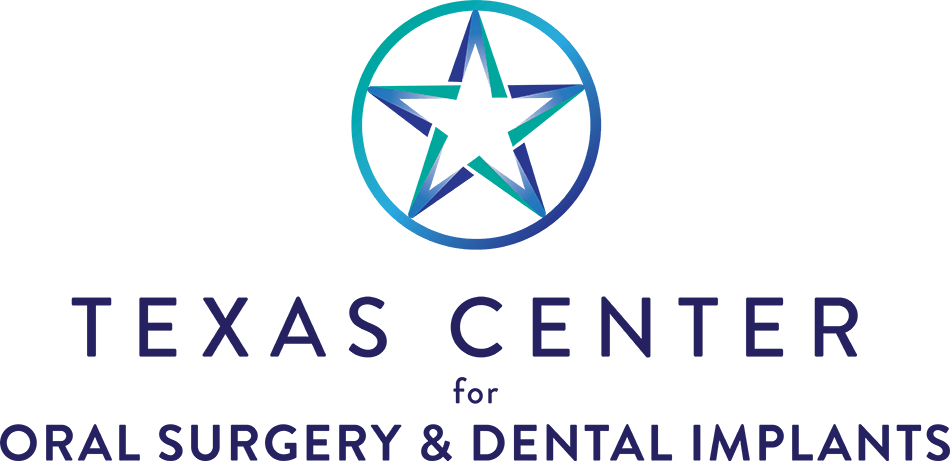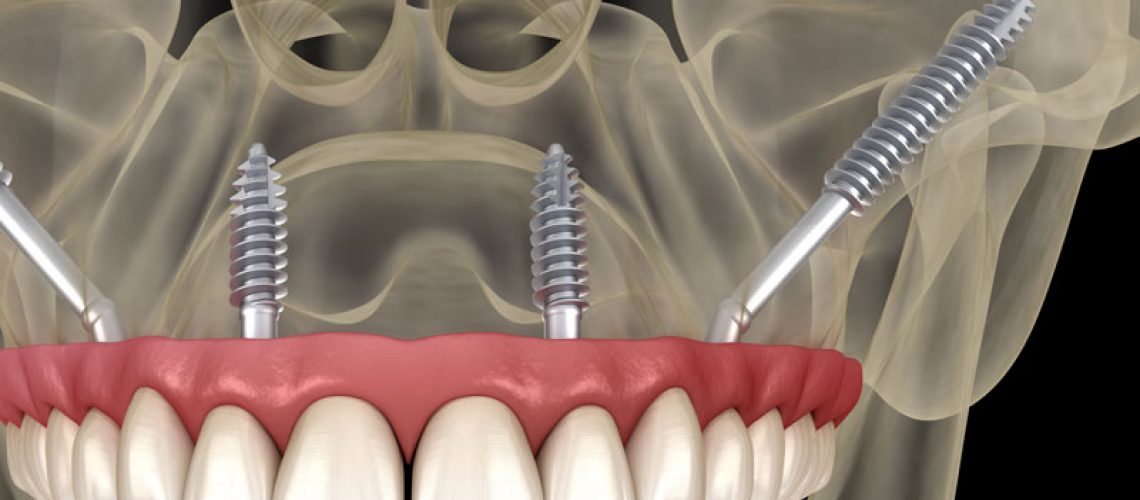For some, dental implants may seem unattainable because of massive bone loss in the upper jawbone. This can lead to half measures that never truly address the issue of replacing your teeth.
Well, we at the Texas Center for Oral Surgery and Dental Implants are excited to share with you about zygomatic implants, a way for those with bone loss in their jaw to still have a long-lasting solution to dental woes. Here is what you need to know about zygomatic implants!
Understanding The Zygomatic Arch
Zygomatic implants are implants placed within the zygomatic arch. This arch is located further up from your maxilla, the upper jawbone, closer to your eyes. Think your cheekbones and you are in the right ballpark area.
This area of the face is great for stability as it is not impacted by the same bone loss that the maxilla is affected by in oral health. This means those with severe bone loss are able to have this implant done still with minimal to no bone grafting.
Benefits of Zygomatic Implants
There are quite a few benefits to zygomatic implants. The first one is in offering a stable dental implant option for those with severe bone loss. The process of bone grafting can be taxing and harmful to the body which makes this a great alternative for those worried about bone grafting procedures.
There is also some evidence that due to less compression of the post-operative soft tissue, you experience less pain after procedures. Because of this, you are able to better get back to your life and enjoy the foods you’ve been missing, and can smile freely again.
Zygomatic implants require fewer doctor office visits, less invasive procedures, and offer comfortably strong results when compared to other dental implant options. Best of all? This procedure is flexible depending on the intricacies of your oral health. Different angling techniques can be used and modified to avoid bone grafting or other complex procedures.
Key Differences and Advantages
While both zygomatic and traditional dental implants serve to replace missing teeth, there are significant differences in their applications and benefits.
Bone Grafting Requirements
Traditional implants often require bone grafting, especially in patients with significant bone loss. In contrast, zygomatic implants bypass this need by anchoring into the denser zygomatic bone, making them a preferable option for many patients.
Stability and Longevity
Zygomatic implants offer exceptional stability due to their placement in the zygomatic bone, which is less prone to resorption compared to the maxilla. This results in a more durable and long-lasting solution for patients with severe bone loss.
Procedural Invasiveness
The procedure for zygomatic implants is typically less invasive in terms of additional surgeries like bone grafts. Patients often experience a quicker recovery time and fewer complications.
Are Zygomatic Implants Right For Me?
Figuring out whether you are a strong candidate for zygomatic implants can be difficult. It requires an assessment of your current oral health and the structure of your zygomatic arch. In many cases, people do qualify for this implant procedure.
If you live in Flower Mound or Denton Texas, you can guarantee your ability to have these amazing implants done by making an appointment to meet with one of our doctors. Dr. Aaron Vickers and Dr. Tamir D Anver are both board-certified dental surgeons with years of experience in complex procedures.
To meet with one of them, you may contact us by calling (940) 387-7717 for our Denton, TX office or (972) 436-1513 for our Flower Mound office. Texas Center for Oral Surgery and Dental Implants is always happy to help you figure out the best treatment for your specific situation. Wait no longer, start your path to zygomatic implants today!

